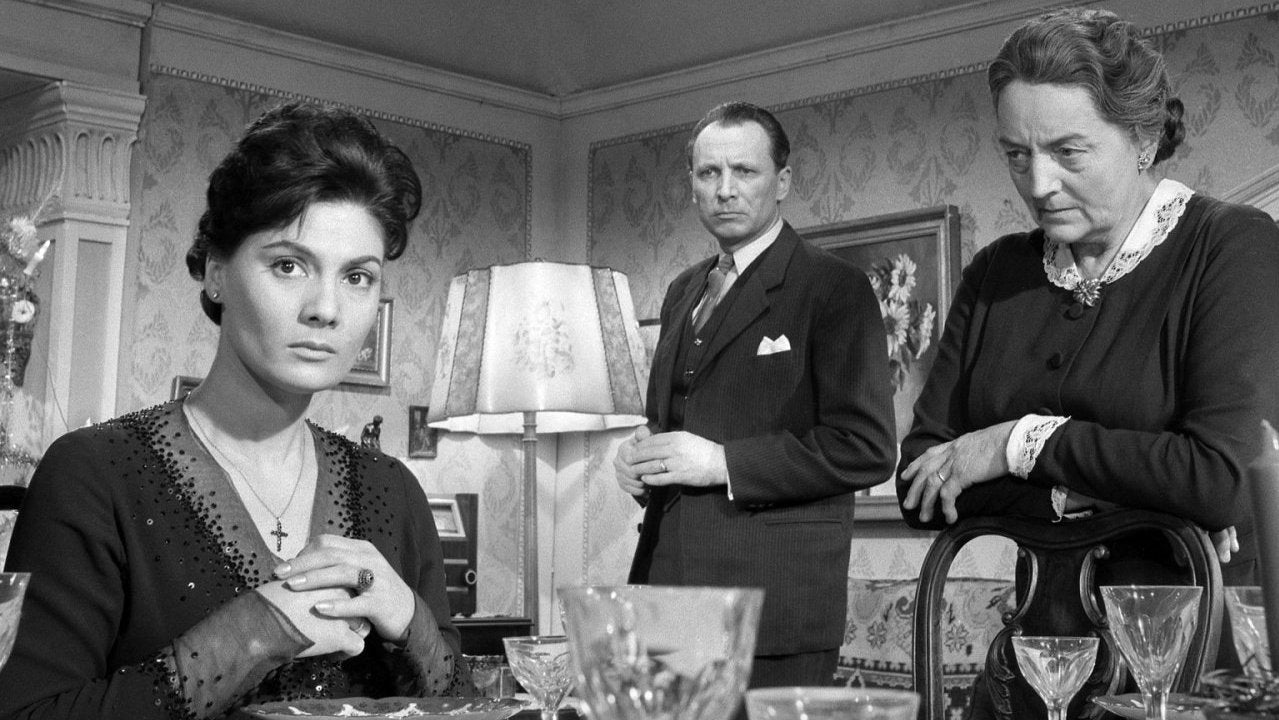The chilling backdrop of Christmas Eve 1944 sets the stage for "Midnight Mass" (Polnočná omša), a masterclass of psychological wartime drama. At a time when Slovakia is gripped by the brutality of Nazi oppression, with countless innocent lives, including children, taken under the guise of retribution for participation in the Slovak National Uprising or merely aiding partisans, the story delves deep into the mundane trials of survival during wartime.
At its heart lies the Kubiš family, emblematic of a Slovakia torn between resistance and collaboration. Marián, a commander of the fascist guards, represents a section of society that turned to collaboration as a means of self-preservation. His opportunistic brother-in-law, Paľo, keen to distance himself from politics, finds solace in business, while Paľo’s wife, Angela, embarks on an affair with Nazi major Brecker, a tenant in the Kubiš household. However, it's the young Juraj, a former partisan who narrowly escaped execution, that brings the real danger to the Kubiš family. As the Nazis intensify their house-to-house searches, Juraj lies hidden in the attic, battling wounds and delirium, while below, the facade of a "perfect" Christmas dinner ensues, with the very major pursuing him as a guest.
Czech director Jiří Krejčík meticulously crafts a tale, not just of war, but of human nature itself. It encapsulates the dichotomies of the Slovakian society of the era: collaboration versus resistance, local versus foreign, the secular against the religious. And in this melting pot, characters are forced to interact, challenge, and sometimes even betray their deeply-held beliefs. The Church's blessing, often seen as unconditional, also comes into sharp scrutiny, questioning the lengths to which institutions would go to preserve their sanctity. 
The chilling visuals of snow-laden landscapes serve as metaphors for the coldness and distance between individuals, as well as the cold reality of war. The power of the film is such that it often compels its audience to whisper reassurances to themselves: "It's just a movie." However, the emotional potency strikes hard, especially in the opening scenes where the raw brutality of war is showcased with heart-wrenching authenticity. The stark contrast between the mundane and the monstrous serves as a potent reminder of the horrors of war and the moral dilemmas faced by ordinary people. 
A joint endeavor by Czech and Slovak creators, "Midnight Mass" stands out as an exceptional piece of cinema. It is a poignant reminder of the price of survival, the cost of betrayal, and the very essence of human values when pitted against extreme circumstances. The film raises haunting questions: How valuable is life? Is it worth a betrayal? And in a world filled with turmoil, who can one truly trust?













